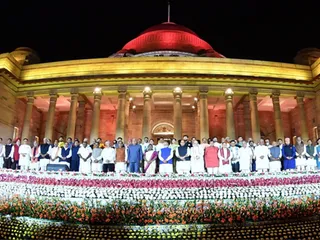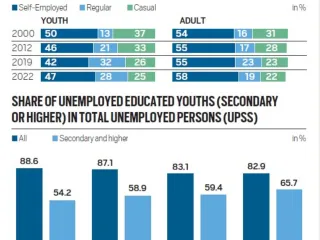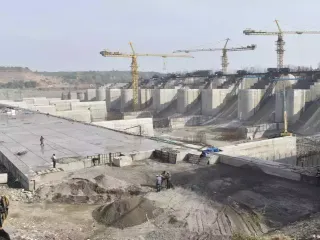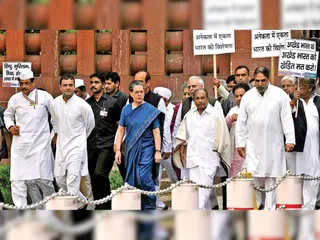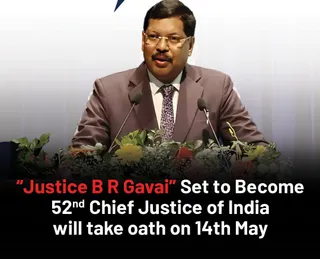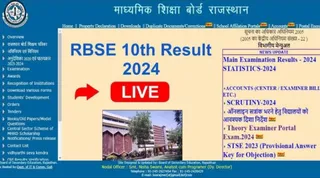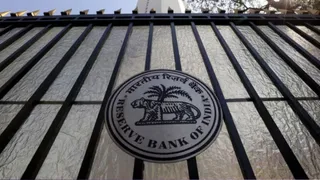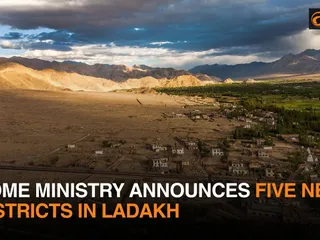The All India Kisan Sabha (AIKS) is a prominent peasant organization in India, deeply rooted in the country's history of agrarian struggles. Founded in 1936, it emerged from the growing discontent among Indian farmers facing exploitation and oppression under colonial rule. Initially influenced by socialist and communist ideologies, AIKS played a crucial role in shaping the course of India's agricultural and social landscape.
Historical Context and Formation: The AIKS's genesis lies in the escalating agrarian crisis during the British Raj. Farmers suffered from exploitative land tenure systems, high taxation, and fluctuating crop prices. The organization's founding leaders, including prominent figures like Swami Sahajanand Saraswati, recognized the need for a unified voice to address these pressing issues. They advocated for land reforms, fair prices for agricultural produce, and an end to feudalistic practices.
Goals and Activities: The primary goal of AIKS is to improve the socio-economic conditions of farmers and agricultural laborers across India. To achieve this, AIKS engages in various activities, including:
- Advocacy and lobbying: AIKS actively engages with government bodies to push for policies that benefit farmers, such as land redistribution, debt relief, and better access to credit and markets.
- Mass mobilization and protests: AIKS organizes protests, rallies, and other forms of mass mobilization to raise awareness about farmers' issues and pressure the government for change. These actions have often been instrumental in shaping agricultural policies.
- Education and awareness: AIKS conducts educational programs and awareness campaigns to empower farmers with knowledge about their rights and available resources.
- Capacity building: The organization undertakes initiatives to enhance the organizational capacities of farmers' groups at the village and regional levels.
Impact and Influence: AIKS has significantly influenced agricultural policies and farmer movements in India over the years. Its advocacy has led to some key land reforms, although implementation has often been uneven. The organization continues to play a vital role in raising awareness about issues such as farmer suicides, the impact of globalization on agriculture, and the need for sustainable agricultural practices. It remains a powerful voice for the rights of marginalized farmers and agricultural laborers, fighting for social and economic justice in rural India.
Challenges and Criticisms: AIKS, like any organization, faces challenges in achieving its goals. These include the complexities of implementing widespread land reforms, dealing with diverse farmer needs across different regions, and the ever-changing dynamics of Indian agriculture in a globalized world. Some criticisms leveled against AIKS include its historical ties to specific political ideologies and accusations of being overly focused on certain farmer groups. Nevertheless, its continued advocacy for the rights and wellbeing of Indian farmers remains undeniable.
Conclusion: The All India Kisan Sabha has a rich history of fighting for the rights of India's farmers. Its persistent efforts to advocate for agrarian reforms and social justice have had a lasting impact on the country's agricultural sector and the lives of millions of farmers. Understanding AIKS's role is crucial for comprehending the evolution of India's agrarian landscape and ongoing struggles for equitable rural development.





